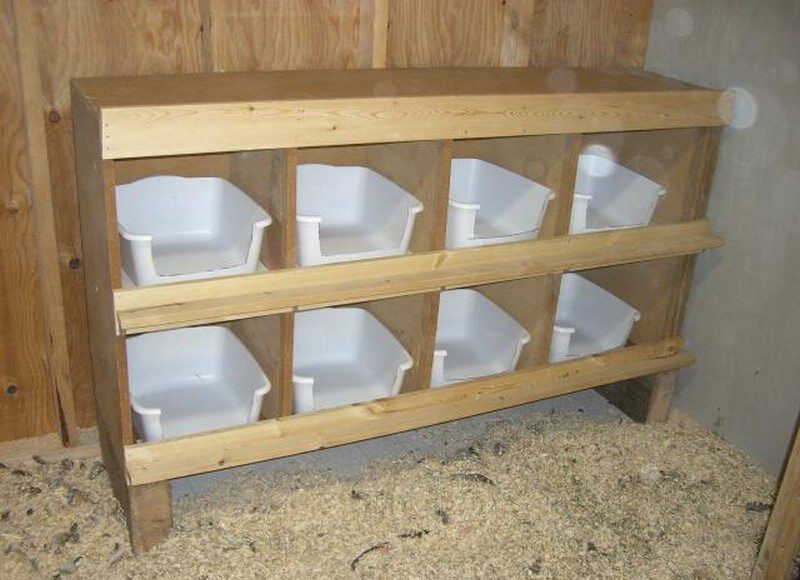Ensuring the health and comfort of your chickens involves more than just feeding and regular check-ups. One crucial aspect is ventilating nesting boxes. Proper ventilation not only keeps the air fresh but also mitigates moisture and reduces the risk of respiratory diseases. In this article, we will delve into the importance of ventilating nesting boxes and how it can significantly improve the living conditions of your chickens.

Why is Ventilation Important?
Chickens, like all living creatures, need fresh air to thrive. Lack of proper ventilation can lead to a buildup of ammonia from chicken droppings, which can be harmful to their respiratory systems. Moreover, poor ventilation can cause excess moisture, leading to mold and bacterial growth. Taking time to ensure proper ventilation can prevent these issues and promote a healthier environment.
How Nesting Boxes Work
Nesting boxes are designed to provide a safe and comfortable space for hens to lay their eggs. However, they can become stuffy and damp if not properly ventilated. Understanding the mechanics of nesting boxes can help in implementing effective ventilation strategies. For more insights on nesting box mechanics, check this nesting boxes guide.
Designing Effective Ventilation Systems
Designing an effective ventilation system requires considering factors such as the size of the nesting box, the number of chickens, and the local climate. Simple solutions like adding vents or using breathable materials can make a significant difference. Consider checking out some innovative DIY nesting box ideas for inspiration.
Materials for Ventilating Nesting Boxes
Choosing the right materials is crucial for ensuring proper ventilation. Opt for materials that allow air to circulate while keeping the box comfortable and secure. For those interested in organic solutions, explore options like organic bedding.
Common Mistakes to Avoid
When setting up your ventilating nesting boxes, avoid common pitfalls such as inadequate vent size or placing the box in a poorly ventilated area. Learn more about avoiding these mistakes here.
Maintenance of Ventilated Nesting Boxes
Regular maintenance is key to ensuring the longevity and effectiveness of your ventilated nesting boxes. This includes cleaning, checking for blockages, and ensuring vents are open and functional. For tips on maintenance and more, visit this resource.
Impact on Egg Production
Properly ventilated nesting boxes can positively affect egg production. Chickens are more likely to lay eggs in a comfortable and clean environment. Thus, investing time in ventilating nesting boxes can lead to a better yield and healthier eggs.
The Role of Climate
Climate plays a significant role in how you ventilate your nesting boxes. In humid climates, ensuring sufficient airflow is crucial, while in colder regions, its essential to balance warmth with airflow.
Innovation in Nesting Box Designs
Innovations in nesting box designs are continuously emerging. These include solar-powered ventilation systems and automated airflow controls, which can significantly enhance the effectiveness of traditional methods.
Conclusion: A Breath of Fresh Air for Your Chickens
Investing in ventilating nesting boxes is a step toward healthier and happier chickens. By ensuring proper airflow, you mitigate health risks and create a more comfortable environment for egg-laying. Remember, a well-ventilated nesting box is not just a luxury; it’s a necessity for optimal poultry care.

FAQ
1. How often should nesting boxes be cleaned?
Nesting boxes should be cleaned at least once a week to maintain hygiene and ensure proper ventilation.
2. Can poor ventilation affect egg quality?
Yes, poor ventilation can lead to damp and unsanitary conditions, which can affect both the quality and safety of the eggs.
3. What materials are best for building ventilated nesting boxes?
Materials like wire mesh for vents and untreated wood for the structure are ideal as they allow for airflow while maintaining durability.
This article contains affiliate links. We may earn a commission at no extra cost to you.










